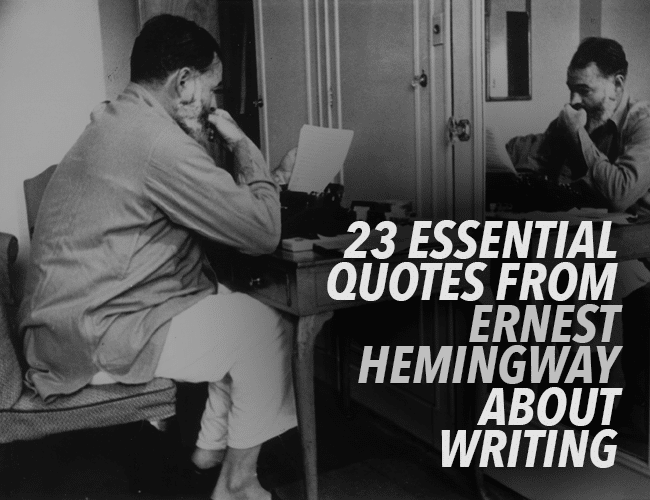
by Joe Bunting |
Ernest Hemingway was one of the most influential writers of the 20th century. Most writers seem to either love him—and are influenced by his clear, direct prose—or hate him. Many seek the internet for Hemingway quotes, either to seek inspiration or wisdom.
Regardless of your personal feelings, Ernest Hemingway’s insight into the craft of writing is unparalleled, as you’ll see.
This article shares some interesting facts and and quotes that drip with emotional honesty from one of the great American authors.
Read on to see famous quotes you can use as guiding principles in your writing and personal life.

by Denise Regga |
Something happened to you. Maybe last year, or maybe twenty-five years ago, but it left its mark. It could be a crazy adventure or journey, or a massive trauma—or just a period of your life that really shaped who you’ve become. And you’d like to write it up as a book. The question is, should you write it as a memoir—or could it work better as a roman à clef?
Your decision will determine whether you stick as closely to real life as you can, or embellish and change things a little (or a lot) and call it fiction.
Writing in roman à clef is a choice many memoir writers make after deciding they need to fictionalize their story—and there’s nothing wrong with that!
In this article, you’ll learn exactly what roman à clef is, some guidelines of how to write a story using it, and why this choice can make a surprising—possibly better—direction for your future book.
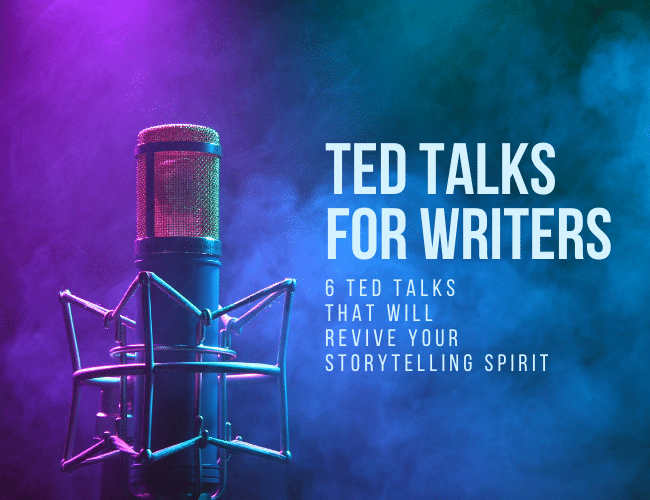
by Joslyn Chase |
Looking for a boost in your creative writing? We all need something to rekindle our love of story. These TED Talks for writers might be just the inspiration you need.
In your work as a writer, have you ever succumbed to the pity party? Why am I laboring away at something only a handful of people will ever read? Why am I spending all my time on something no one else cares about?
If you’ve been doing it long enough, you’ll have had those moments of doubt. My intention with this article is to provide help and inspiration to push through those barriers and restoke the fires of determined storytelling.
What I found in my forays for fuel to ignite that flame met—and exceeded—my expectations, reaffirming one of the fundamental truths I hold most dear: there is extraordinary power in story.
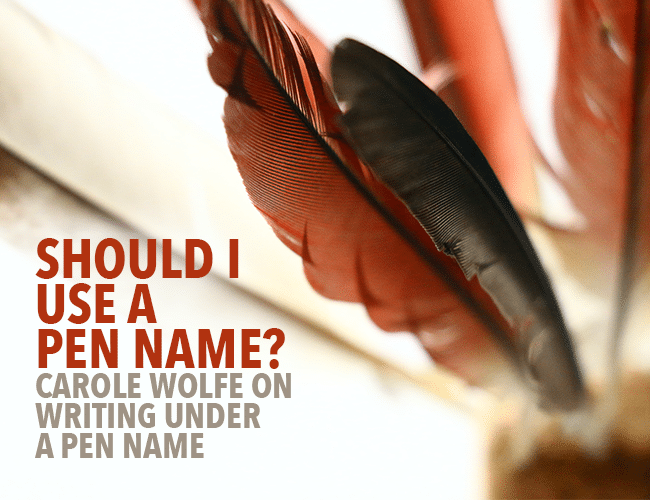
by Sarah Gribble |
What do Lewis Carrol, Mark Twain, and Dr. Seuss have in common? They all wrote under a pen name.
Those are some pretty big names, so it really makes a writer wonder: Should I use a pen name?
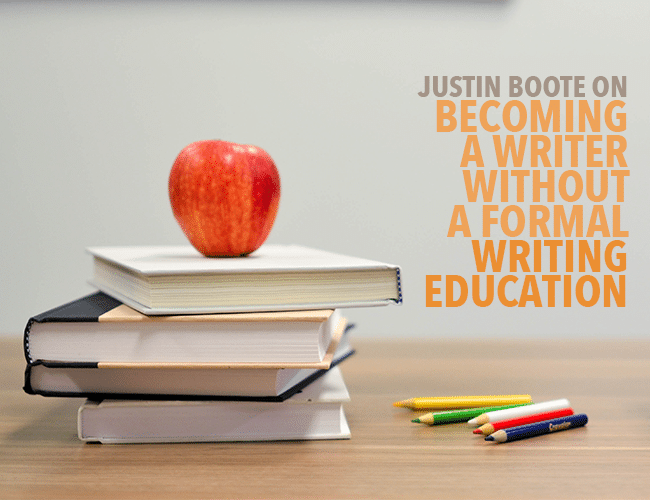
by Sarah Gribble |
Do you want to be a writer but are hesitant to try because you haven’t taken any writing classes? Wondering if you need to have a degree in order to write?
Guess what? You don’t have to have a writing education to be a writer.
I don’t have one and have been published dozens of times. And today’s interviewee is the same way.
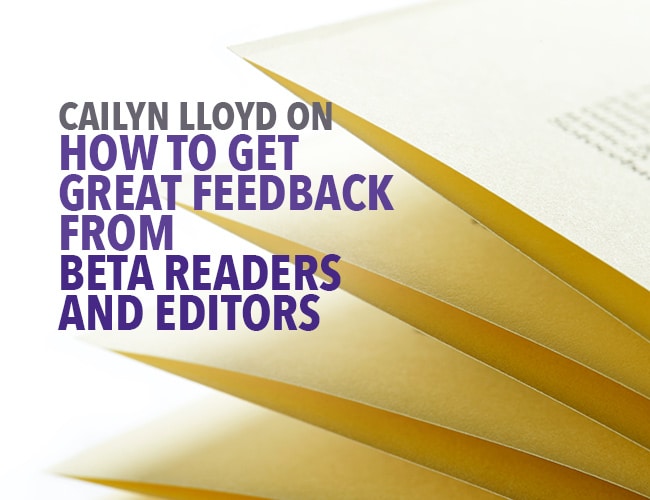
by Sarah Gribble |
At some point in your writing process, you’re going to need to put your work into the hands of others. Beta readers and professional editors should be an important part of your writing team. (And yes, writing is a team sport!)
I often get a lot of questions about the revision process, namely how to get beta readers and when to hire a professional editor. Our interviewee this month is here to answer those questions!








